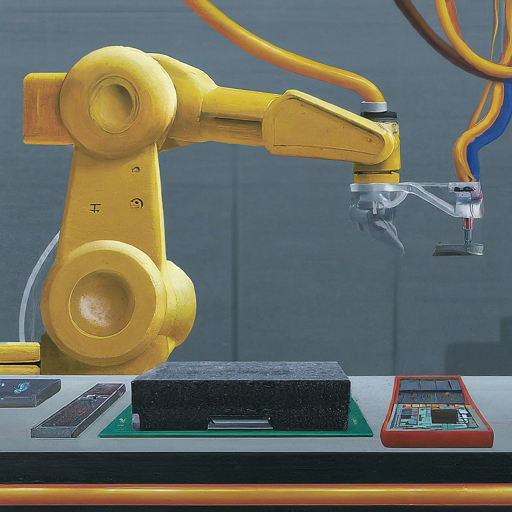Raspberry Pi, known for its low-cost single board computers, made a splash on the London Stock Exchange with its initial public offering (IPO). The Cambridge-based company raised £166 million ($228 million), with shares surging over 37% on the debut day. Investors acquired 30.7% of the company’s ordinary shares, with an option to purchase an additional 2.3% through an over-allotment provision.
Raspberry Pi was established in 2012 as a subsidiary of the Raspberry Pi Foundation, a UK charity founded in 2008 with the goal of promoting interest in computer science among young people. The company initially targeted educational institutions and enthusiasts with its low-cost platforms, though by 2023 these segments only contributed 28% of the company’s revenue.
The lion’s share of Raspberry Pi’s earnings now come from the industrial and embedded computing markets. Raspberry Pi platforms are utilized for various industrial applications, including powering connected manufacturing equipment, analyzing production line sensor data, and monitoring agricultural crops. Some Raspberry Pi devices have even been deployed in space within CubeSats, small satellites used for scientific experiments in low Earth orbit.
To cater to enterprise needs, Raspberry Pi offers several versions of its miniature computers with specific optimizations. Some models are designed for lower power consumption, while others feature mechanisms like execute-in-place, which allows software to run directly from an attached flash drive without loading it into the onboard RAM.
Ahead of its IPO, Raspberry Pi revealed it had sold over 60 million miniature computers. The company’s financial performance in the 2023 fiscal year included a $66 million gross profit on $266 million in revenue. Raspberry Pi estimates its total addressable market across educational, enthusiast, industrial, and embedded computing segments to be around $21 billion, though some observers question whether its platforms have the reliability, flexibility, and performance required for large-scale deployments in demanding factory and warehouse environments.



